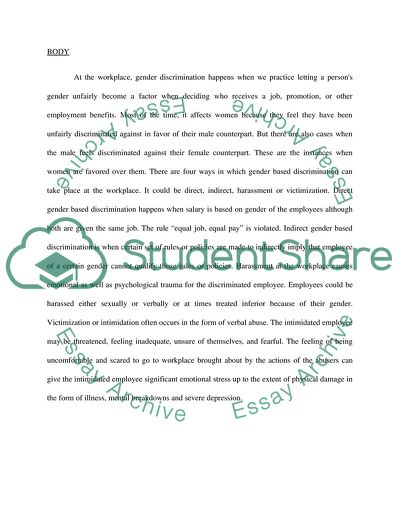Cite this document
(The Economic Implications of Gender Based Discrimination at the Term Paper, n.d.)
The Economic Implications of Gender Based Discrimination at the Term Paper. Retrieved from https://studentshare.org/macro-microeconomics/1744290-select-an-economic-topic-relating-to-economic-of-race-and-gender
The Economic Implications of Gender Based Discrimination at the Term Paper. Retrieved from https://studentshare.org/macro-microeconomics/1744290-select-an-economic-topic-relating-to-economic-of-race-and-gender
(The Economic Implications of Gender Based Discrimination at the Term Paper)
The Economic Implications of Gender Based Discrimination at the Term Paper. https://studentshare.org/macro-microeconomics/1744290-select-an-economic-topic-relating-to-economic-of-race-and-gender.
The Economic Implications of Gender Based Discrimination at the Term Paper. https://studentshare.org/macro-microeconomics/1744290-select-an-economic-topic-relating-to-economic-of-race-and-gender.
“The Economic Implications of Gender Based Discrimination at the Term Paper”, n.d. https://studentshare.org/macro-microeconomics/1744290-select-an-economic-topic-relating-to-economic-of-race-and-gender.


